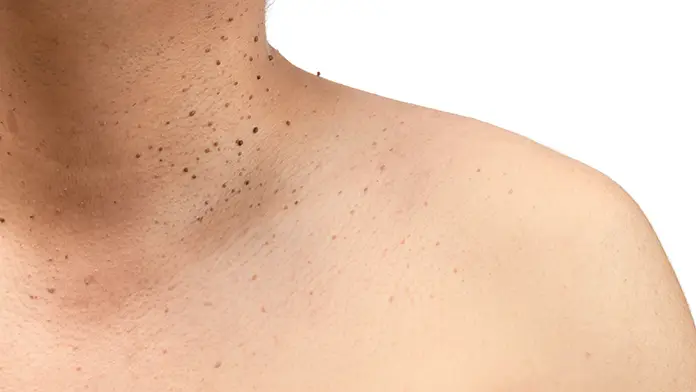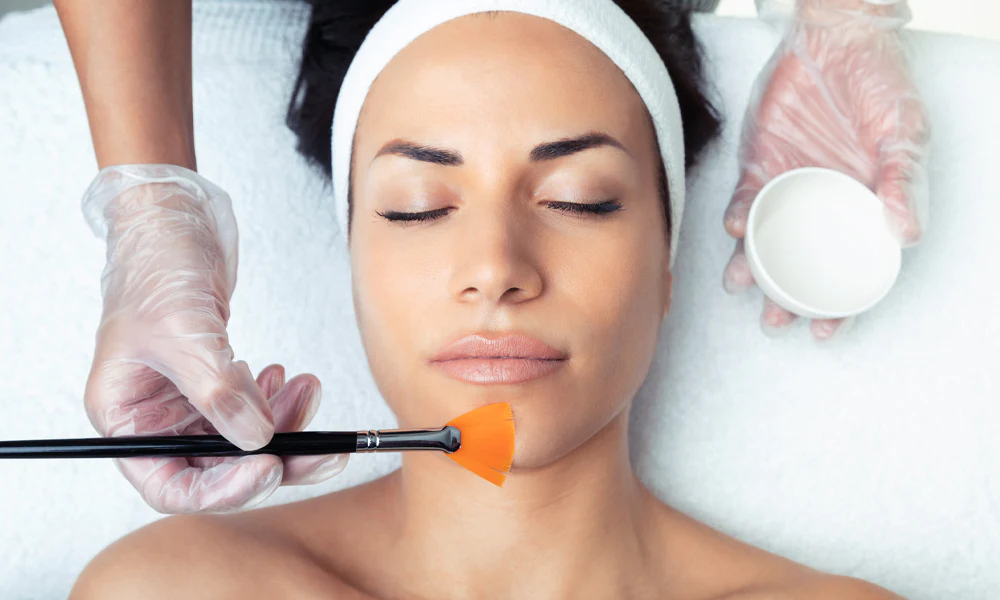Top Myths and Facts About PRP Hair Loss Treatment
Platelet-rich plasma (PRP) therapy has gained significant attention as a revolutionary treatment for hair loss. With its natural healing properties, PRP is becoming a popular choice for individuals seeking a minimally invasive solution to thinning hair. However, like many new treatments, PRP therapy comes with its share of myths and misconceptions. Let’s debunk these myths and explore the facts about PRP hair loss treatment. Myth 1: PRP Treatment Is Painful Fact: PRP therapy involves drawing your own blood, processing it to concentrate the platelets, and injecting the platelet-rich plasma into your scalp. While the idea of multiple injections might sound painful, most patients report only mild discomfort. A numbing cream is often applied to the scalp before the procedure, making it relatively pain-free. Any discomfort experienced during or after the treatment is generally minimal and temporary. Myth 2: PRP Therapy Provides Instant Results Fact: PRP treatment is not an overnight solution for hair loss. While it stimulates hair growth by promoting healing and cell regeneration, the results take time to appear. Most patients begin to notice improvements after 3-4 months, with full results visible after 6-12 months. It’s important to be patient and continue with follow-up treatments as recommended by your doctor for optimal results. Myth 3: PRP Therapy Works for Everyone Fact: While PRP therapy can be highly effective for many individuals experiencing hair thinning or early hair loss, it may not be suitable for everyone. The treatment is most successful for individuals with mild to moderate hair loss and those with good overall health. It may not be as effective for people with advanced baldness or certain underlying medical conditions that affect hair growth. A consultation with a hair specialist can help determine if PRP is the right option for you. Myth 4: PRP Treatment Is Unsafe Fact: PRP therapy is considered a safe procedure since it uses your own blood, reducing the risk of allergic reactions or infections. The platelet-rich plasma is injected into your scalp, helping to promote hair growth in a natural way. Additionally, PRP has been used for decades in various medical fields, including orthopedics and dermatology, to heal injuries and promote tissue regeneration, further supporting its safety profile. Myth 5: PRP Therapy Only Works for Men Fact: PRP therapy is effective for both men and women experiencing hair loss. Hair thinning and hair loss affect individuals of all genders, and PRP offers a viable treatment option for anyone seeking to improve hair density. Both men with androgenetic alopecia (male-pattern baldness) and women with hair thinning due to hormonal changes, stress, or other factors can benefit from PRP treatments. Myth 6: PRP Results Are Permanent Fact: PRP therapy helps stimulate hair growth, but it is not a permanent cure for hair loss. Hair loss is often a progressive condition, and while PRP can significantly slow it down and improve hair thickness, ongoing maintenance treatments may be required to sustain the results. Depending on the severity of hair loss, follow-up treatments every 4-6 months are generally recommended to maintain the benefits. Myth 7: PRP Therapy Requires a Long Recovery Time Fact: One of the biggest advantages of PRP therapy is that it has minimal downtime. After the procedure, most patients can resume their normal activities immediately. Some may experience mild swelling, redness, or tenderness at the injection sites, but these side effects usually subside within a day or two. It’s a convenient option for those with busy lifestyles. Myth 8: PRP Therapy Is a Standalone Solution for Hair Loss Fact: PRP therapy can be highly effective, but it is often used in combination with other hair loss treatments for optimal results. Many patients use PRP alongside medications like minoxidil (Rogaine) or finasteride (Propecia), or even after hair transplant surgery, to enhance the effectiveness of these treatments. Combining therapies can help address hair loss from multiple angles. Myth 9: PRP Treatment Requires a Single Session Fact: PRP therapy is not a one-time treatment. Hair growth takes time, and multiple sessions are required to achieve noticeable results. Typically, patients undergo an initial series of 3-4 treatments spaced about 4-6 weeks apart. After the initial phase, maintenance sessions every few months may be recommended to sustain the hair growth benefits. Myth 10: PRP Treatment Is Only for New Hair Growth Fact: While PRP therapy is often associated with stimulating new hair growth, it also helps improve the overall health of your existing hair. By nourishing the hair follicles with growth factors, PRP can strengthen hair strands, increase hair thickness, and reduce hair shedding. This makes it an effective treatment for improving both hair quality and density. Conclusion PRP therapy for hair loss is an exciting and promising option for individuals looking to restore their hair naturally. While there are many myths surrounding the treatment, the facts show that PRP is a safe, effective, and minimally invasive solution for hair thinning and early hair loss. As with any medical treatment, it’s essential to consult with a qualified specialist to determine if PRP is the right approach for you. At La Fameux Derma Clinic, we offer expert consultations and personalized PRP treatment plans to help you achieve healthy, fuller hair.







